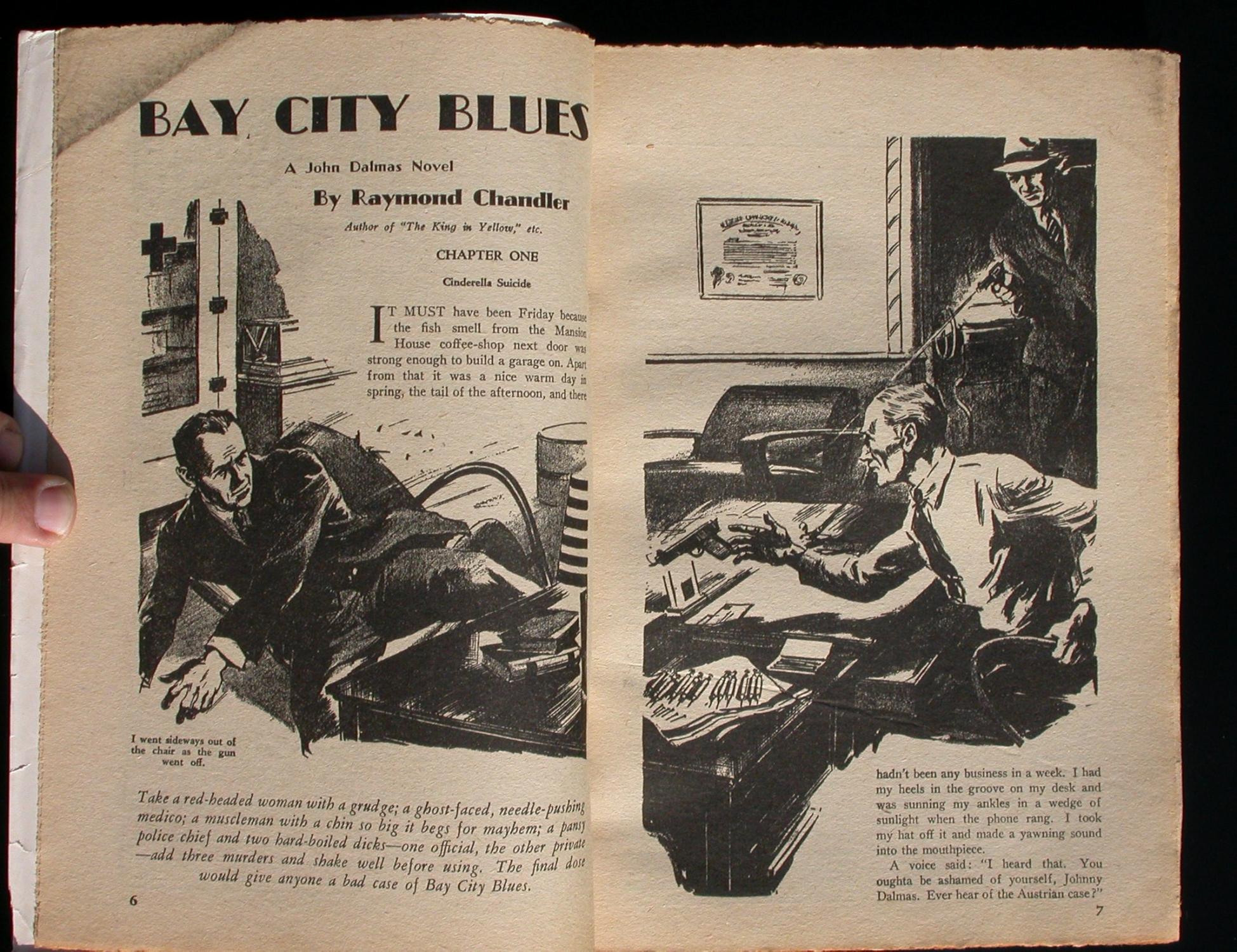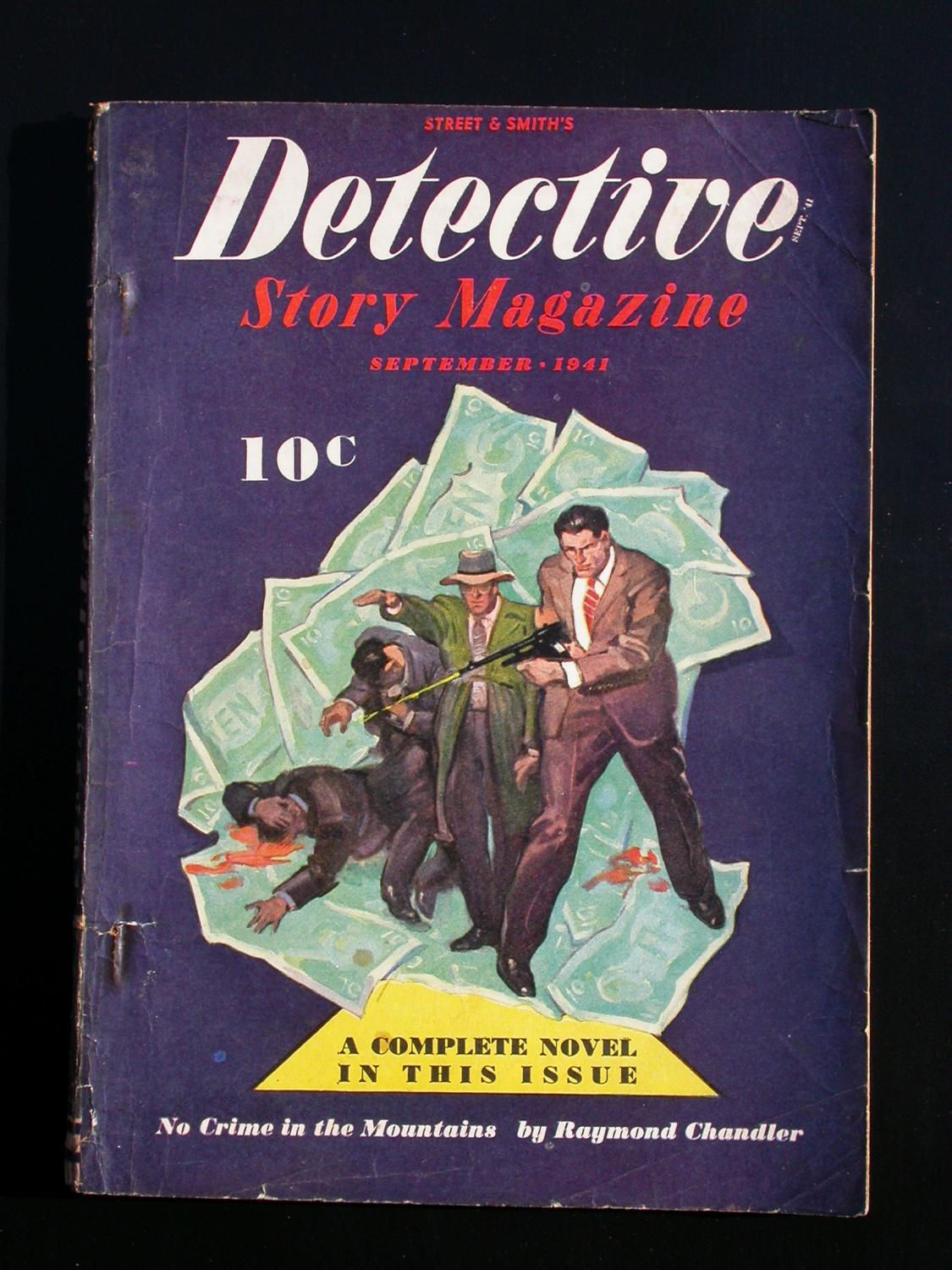My interest in film noir has allowed me to view some of the most infamous femme fatales in American cinema specifically films from the 1940s.
Phyllis Dietrichson, portrayed by Barbara Stanwick in Double Indemnity (1944) entices insurance salesman Walter Neff (Fred MacMurray) to kill her husband for the insurance money.
Double Indemnity is similar to The Postman Always Rings Twice (both are stories written by James M. Cain), but Barbara Stanwick's character comes off more conniving and dangerous than Cora Smith portrayed by Lana Turner.
Other notable femme fatales are Jane Greer as Kathie in Out of the Past (1947), Jane Palmer portrayed by Lizabeth Scott in Too Late For Tears (1949), and Kitty March played by Joan Bennett in Scarlet Street (1945).
Some of these notorious woman make me think of one of the most famous femme fatale from fiction, Lady Macbeth in William Shakespeare's great play Macbeth.
For those of you who do not know, Lady Macbeth was the woman who urged her husband to kill the King of Scotland so Macbeth could become king.
After reading a letter from her husband in which he states that his kingship was prophesied, Lady Macbeth invokes the spirits to remove her feminine humanity.
Come, you spirits
That tend on mortal thoughts, unsex me here,
And fill me from the crown to the toe top-full
Of direst cruelty! make thick my blood;
Stop up the access and passage to remorse,
That no compunctious visitings of nature
Shake my fell purpose, nor keep peace between
The effect and it! Come to my woman's breasts,
And take my milk for gall, you murdering ministers,
Wherever in your sightless substances
You wait on nature's mischief!
Act I, scene V
On her husband's return Macbeth informs his wife that King Duncan will stay with them this night but the king plans to take his leave tomorrow, to which Lady Macbeth says:
O, never
Shall sun that morrow see!
She then tells her husband to disguise all his evil intent.
bear welcome in your eye,
Your hand, your tongue: look like the innocent flower,But be the serpent under't.
Later, when Macbeth appears to waver over killing Duncan, Lady Macbeth chides her husband's weakness and questions his manhood.
Was the hope drunk
Wherein you dress'd yourself? hath it slept since?
And wakes it now, to look so green and pale
At what it did so freely? From this time
Such I account thy love. Art thou afeard
To be the same in thine own act and valour
As thou art in desire? Wouldst thou have that
Which thou esteem'st the ornament of life,
And live a coward in thine own esteem,
But screw your courage to the sticking-place,
And we'll not fail.
Act I, scene VII
My detective novel, Give Me The Daggers is based on Shakespeare's play. In it Lady Macbeth is the dangerously alluring femme fatale who seduces my protagonist the Thane of Lennox when she believes the thane is getting to close to the truth regarding Duncan's murder.
Lady Macbeth smiled readily during dinner. She smiled when she was not complimenting Drummond or telling him how lonely she was since the king left on his pilgrimage. It was a smooth, seamless seduction. Drummond never saw it coming but it struck him squarely between the eyes. He fell smitten, totally captivated by her beauty and grace. Despite being older than Drummond, the queen was quite lovely and the Thane of Lennox was physically attracted to her. She was also charming and elegant, and possessed a regalness born not of her high station but of something within herself.
After dinner she suggested they take a walk upon the castle walls. It was a calm, moonlit night. A myriad of stars pocked the purple canopy overhead. A gentle night breeze brought the scent of henbane and the odor reminded Gowan of death. He did not think long on this, however. Gowan stared at Gruoch and thought she looked even more enchanting in the moonlight. She stood close, facing him. Her palms pressed against his chest. He looked down at her face. It was tilted up to his, her lips open and inviting. Some impulse beyond himself made him bend down and kiss those lips. Gruoch kissed him back and soon they were a tangle in each other’s arms. Drummond did even remember how they got from atop the castle to the queen’s room.
Lady Macbeth is the ultimate femme fatale who induces her husband on a road not only to his destruction, but to her's as well.
Stephen Gaspar's books can be found on Amazon





